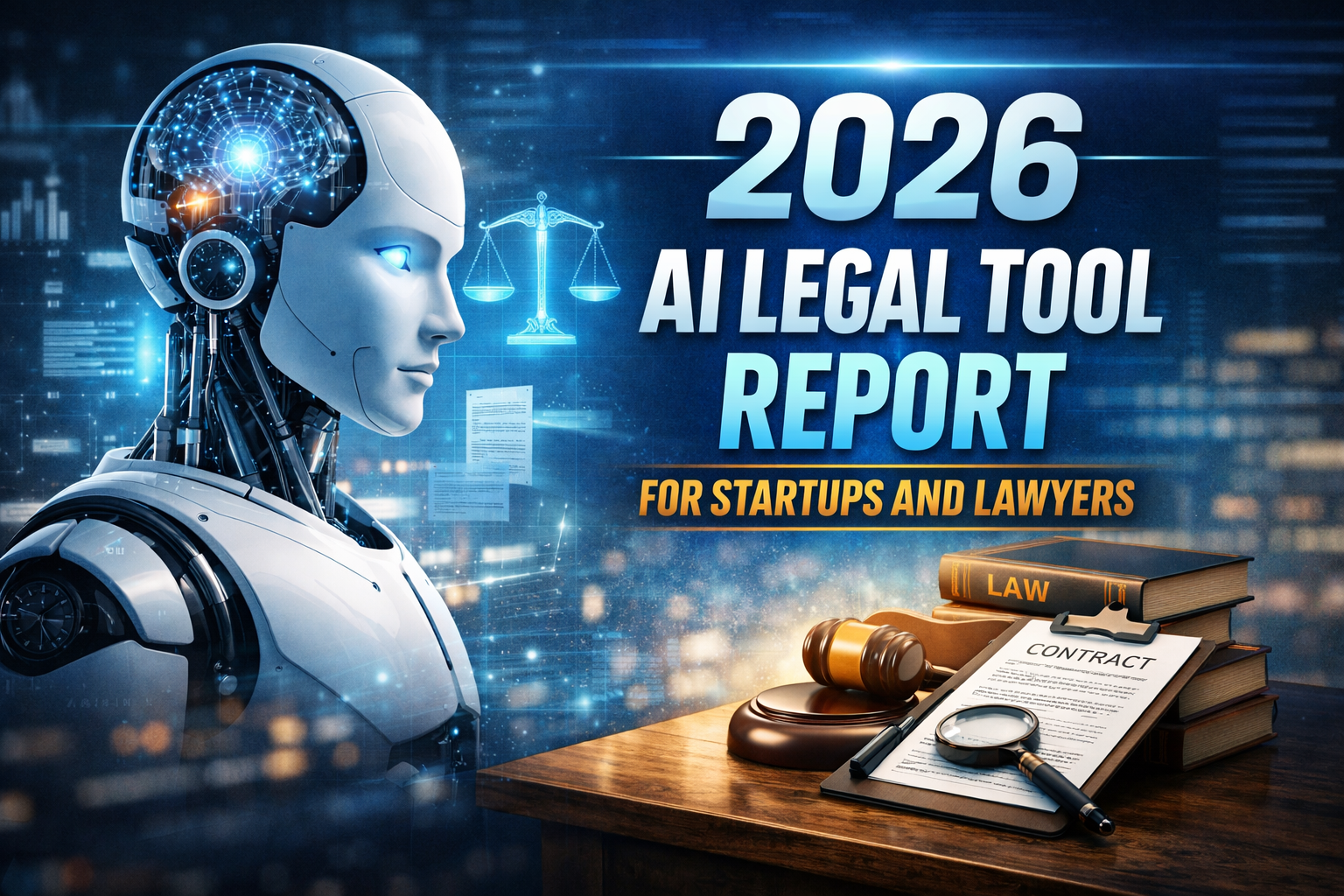Introduction
The legal industry has traditionally been slow to adopt frontier technologies. However, artificial intelligence (AI) has sparked a remarkable shift in this attitude. We surveyed lawyers to understand why and how they're embracing AI in their practice—here are their insights.
Increased Efficiency and Accuracy
Respondents unanimously cited improved workflow efficiency as a primary benefit of AI integration, allowing more focus on client interaction and case strategies. Mark Pierce, Founder and CEO of Wyoming Trust & LLC Attorney, states:
"As a veteran attorney, I support the introduction of AI in legal services. This digital assistance enhances efficiency, handling tedious tasks like documentation, research, and due diligence, enabling attorneys to concentrate on substantive legal issues."
AI's analytical capabilities have proven invaluable across various legal practices. Cynthia Hernandez, Managing Attorney for Hernandez Family Law & Mediation, highlights AI's ability to "analyze large volumes of case data, helping lawyers detect patterns and make informed decisions faster, [...] ensuring timely and meticulous case preparation." Hernandez emphasizes the importance of balancing technology with personalized legal judgment and emotional intelligence, particularly in family law.
This sentiment resonates across different legal specialties. David Brilliant, a tax, trust, and estate lawyer, shares how AI streamlines complex processes: "AI can improve the precision of estate tax calculations, which is critical in complex cases. In a recent case involving multilayer estate and tax issues, AI tools helped us efficiently identify applicable tax regulations, saving client time and money."
Scott Distasio, a Florida-based personal injury lawyer, underscores AI's data processing capabilities: "AI lends itself to managing large amounts of data, enabling broader and more accurate perspectives when guiding decisions, predicting outcomes, or detecting discrepancies." This precision significantly reduces the risk of human error, enhancing the overall quality of legal services.
AI Complements Legal Practice
A common theme among respondents is that AI is seen as a complement to, rather than a replacement for, legal expertise. Christopher DiBella, a personal injury attorney from Boston, shares: "AI [is] a valuable tool for enhancing, not replacing, the attorney-client relationship - ensuring we can offer both informed and personalized guidance in sensitive matters."
Ethical Considerations and Best Practices
While AI offers numerous benefits to legal practice, our respondents emphasize the importance of implementing safeguards and maintaining ethical standards. Key considerations include:
- Complementing Human Expertise: AI should enhance, not replace, the nuanced understanding and empathy that experienced practitioners bring to their work. As Andrew Pickett notes, "Embracing AI doesn't replace the empathy and nuanced understanding that experienced practitioners like myself bring to the courtroom; instead, it complements it by providing a tool to strengthen case preparation and execution."
- Ethical Implementation: Law firms must carefully monitor AI development and implementation to prevent biases or discrimination. Pickett emphasizes, "It is crucial for law firms to closely monitor the development and implementation of AI algorithms to avoid biases or discrimination towards certain groups or individuals."
- Transparency with Clients: Ben Michael of Michael & Associates stresses the importance of clear communication about AI usage: "We explain to them exactly how and where we use AI so that they can feel comfortable moving forward with us."
Conclusion
AI-powered technology serves as a valuable tool in legal services, particularly for data-intensive and administrative tasks. This allows lawyers to focus on high-level work and client interactions. As Thom Pryor aptly summarizes, "Modern law firms need to keep up or risk being left behind. AI provides tremendous opportunity for attorneys to be more productive and free up time for what matters most."



.jpeg)


.jpg)
.jpg)